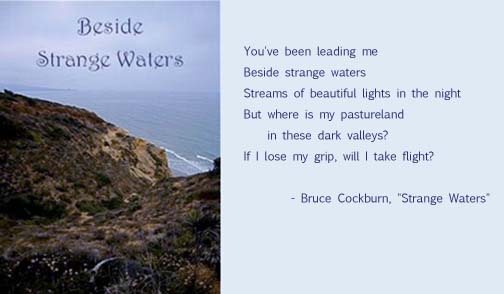You might think that if a famous poem were inspired by a song, literary critics or music historians might have a clue, but in the instance of "The Indian Serenade" by Percy Bysshe Shelley, that is not actually the case. What we have instead are competing theories. You can pick your favorite.
B.A. Park believes that Shelley was inspired by the Irish poet Thomas Moore (who wrote the lyrics to the now-famous “Minstrel Boy”) to write lyrics for an Indian melody:
“The habit appears to have been introduced by Thomas Moore of composing poems to fit wordless or foreign popular melodies, with his Irish Melodies of 1807-1828, and his National Airs of 1819-1828. Shelley’s poem appears to have been written to such a wordless tune from India, played for him by a friend” (9).
Chauncey B. Tinker thought that he had discovered a different source for the same poem:
“The love-song is associated with Miss Sophia Stacey, a young lady whose the Shelleys met in the last months of the poet’s life. She used to sing to Shelley, an experience which always moved him to an intensity of passion and not infrequently to the composition of verses. One recalls Jane Williams and her singing to the accompaniment of a guitar, which awakened sentiments of the most intense delight in the poet’s heart. ‘I arise from dreams of thee’ may very well have come into existence as the text for some air sung to him by Sophia, though of this there is no proof” (71).
However, Tinker does not believe that “the loved one” of the poem is Miss Stacey (71).
A third theory is that the poem may have originated during a contest between two now-famous poets:
...perhaps (as Trelawny testified in a manuscript now at John Murray's) to use in a competition with Byron, in which each was to compose lyrics to be sung to an Indian or Arabic melody. But whether Shelley recomposed from memory--or else pretended to compose for the first time--a poem that he had already used to impress Stacey, either to demonstrate his poetic facility vis-a-vis Byron, or to express his feelings for Jane Williams, we are faced with judgments of his motives (Reiman).
Judgments aside, Jessica K. Quillin gives us the most Romantic and compelling narrative:
“…the prosodic arrangement of ‘An Indian Serenade’ fits into the general scheme of Mozart’s music for ‘Ah perdona, al primo affetto,’ revealing the possibility that Shelley wrote the lyric with the melody or at least the words of the aria in mind. In any event, the correspondences between ‘I arise from dreams of thee’ and Mozart’s aria reveal the extent to which music formed part of Shelley’s conception of poetic form toward the end of his life. This theory is lent further support in light of Reiman and O’Neill’s hypothesis that Shelley had the fair copy manuscript of ‘An Indian Serenade’ containing the lines from Mozart with him when his boat, the Don Juan, sank off the coast of Viargeggio” (NP).
What could be more appropriate than a Romantic poet dying with both Mozart and a fair copy of a love poem in his possession during a fatal storm that sinks his boat and takes his life? Even if this turns out not to be true, it's a great origin myth and I want the movie rights!
WORKS CITED
Park, B.A. “The Indian Elements of the ’Indian Serenade.’ Keats-Shelley Journal, Vol 10, Winter 1961. pp. 8-12. [JSTOR]
Reiman, Donald H. “Shelley Comes of Age: His Early Poems as an Editorial Experience,” Romantic Circles. https://romantic-circles.org/praxis/earlyshelley/reiman/reiman.html
Tinker, Chauncey B. “Shelley’s Indian Serenade.” Yale Univ. Library Gazette 25:2, Oct. 1950. pp. 70-72 (JSTOR).

No comments:
Post a Comment